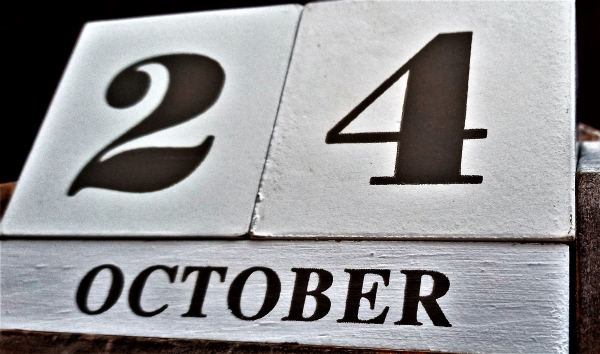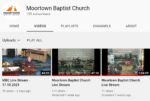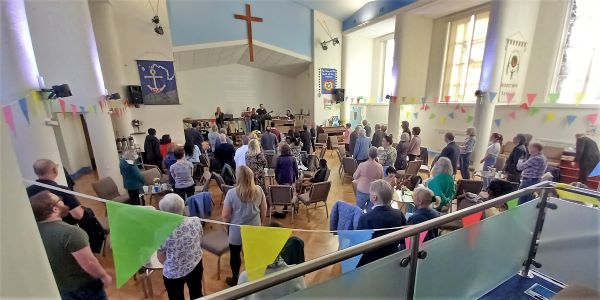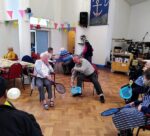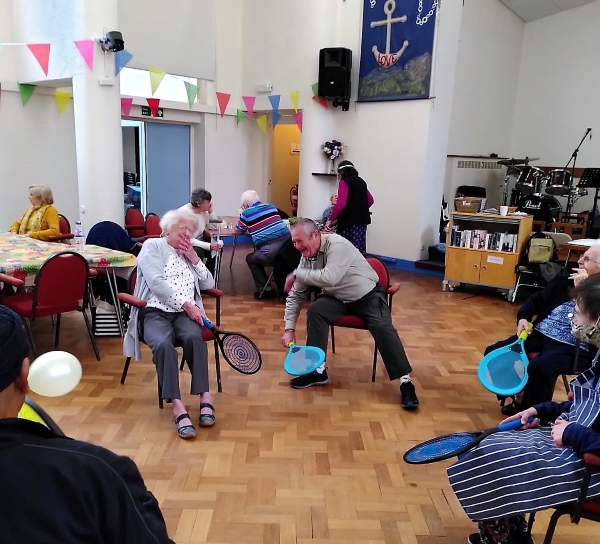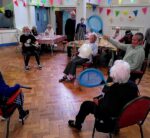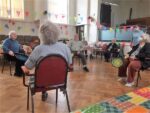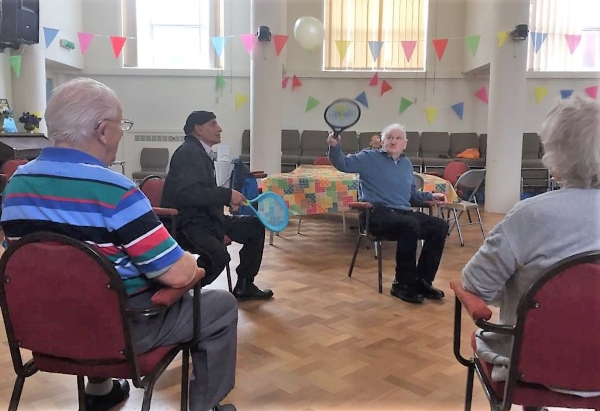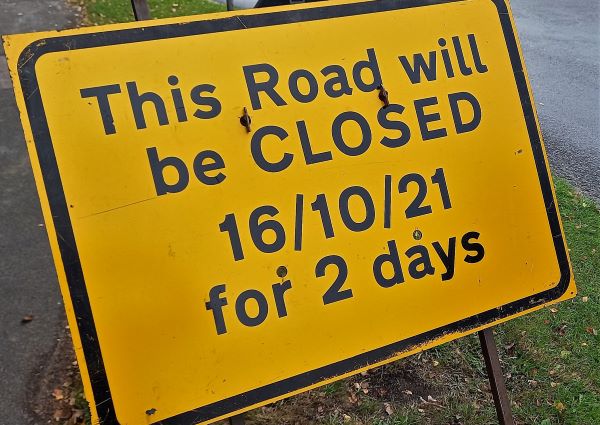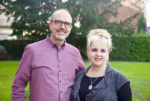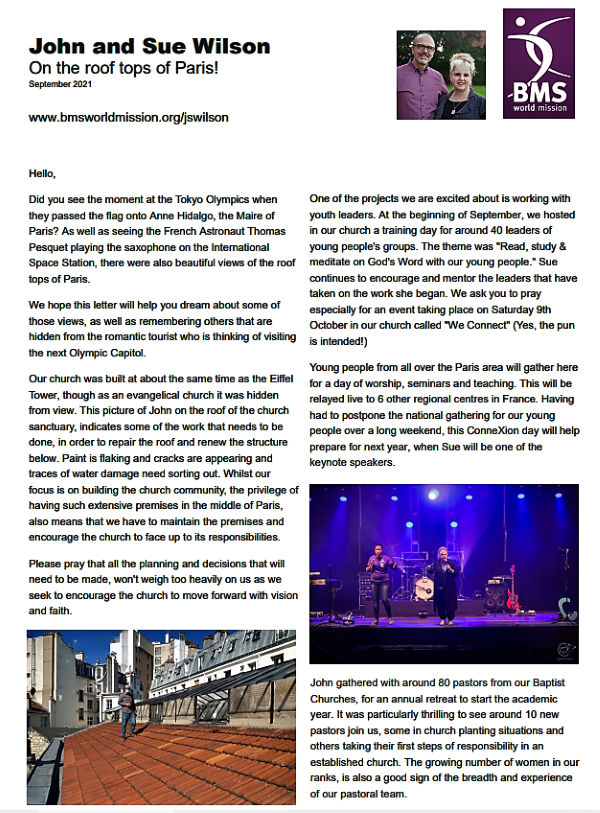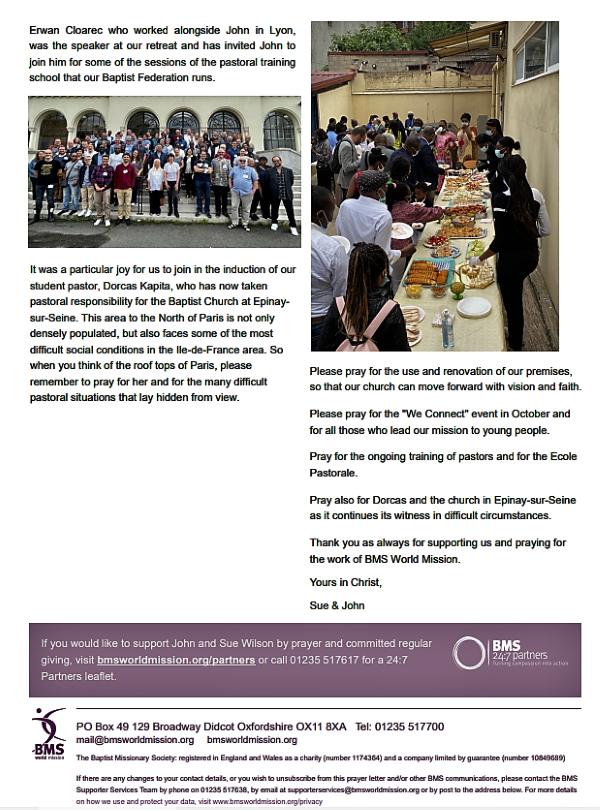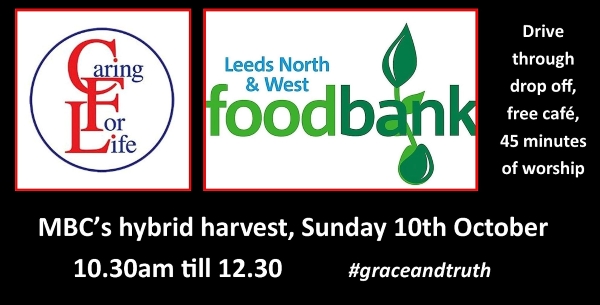 Simon’s mother-in-law was bedridden, sick with a high fever, so the first thing they did was to tell Jesus about her. He walked up to her bedside, gently took her hand, and raised her up! Her fever disappeared and she began to serve them. Later in the day, just after the Sabbath ended at sunset, the people kept bringing to Jesus all who were sick and tormented by demons, until the whole village was crowded around the house. Jesus healed many who were sick with various diseases and cast out many demons. The Passion Translation
Simon’s mother-in-law was bedridden, sick with a high fever, so the first thing they did was to tell Jesus about her. He walked up to her bedside, gently took her hand, and raised her up! Her fever disappeared and she began to serve them. Later in the day, just after the Sabbath ended at sunset, the people kept bringing to Jesus all who were sick and tormented by demons, until the whole village was crowded around the house. Jesus healed many who were sick with various diseases and cast out many demons. The Passion Translation
No sooner had the fever left than she was up fixing dinner for them. Mark 1 v 29-32 The Message
Jane Coates steps into the story.
I live in Capernaum and love and support my daughter and her husband, a Galilean fisherman. Times are hard and their income is uncertain. He is a good man, he works hard, and endures impossible hardships to make a living, selling the fish in the market that he and his brother catch. Fishing on the Sea of Galilee is a treacherous and demanding business and there are the boats and nets to manage. The dramatic changes in the weather on the water make the fisherman’s life and work even harder. Their life together is challenging. For all his faults- which in my opinion are many, Simon is strong, hardworking, and a good and faithful man. He may not be the most stable of characters as he can be strong willed, impulsive, and doesn’t always think through his plans. He is full of ideas, schemes and crazy notions, tends to speak before thinking, and often fails to consider the impact of his words on others. But I love him dearly and I do what I can to help them both.
Recently, his time has been taken up with other things. The two brothers have met with a local itinerant teacher who visits the towns and villages. By report, this man has been doing some amazing things. I hear accounts of Him healing ailments and diseases. But more than that, He brings a message of love and transformation which is certainly different to what you might hear in our local synagogue. I am intrigued by this man and have heard Andrew and Simon give Him high praise. They are keen to follow Him. But what of my daughter? If they go off to the countryside, leaving boat, net, and livelihood behind, what will become of her?
One day, I began to feel very unwell, and my sickness turned to a high fever. I was unable to carry on with any daily chores, and unable to help my daughter. I became so ill that I had to take to my bed. I could take no food and my condition was growing worse. Barely opening my eyes, I felt a gentle touch on my hand. It was the teacher who had been calling the men to leave their nets and to follow. His touch and His voice were gentle. The strangest of things happened next. I immediately felt the fever go from my body and my energy return. How could this be? From being so sick and laid up in my bed, I was restored, energized, renewed. I got up out of the bed, washed and dressed and immediately thought that food should be prepared for our guests. Then, later in the day, after Sabbath, our little house was surrounded by other visitors- many visitors, dozens of visitors! It seemed as if the whole village was descending on our little home. They came with various illnesses and Jesus began to heal them, one by one. They were healed, restored, and freed.
I was restored and renewed, and I had a place to serve the One who had touched my life.
Thoughts
We have trusted in Christ and received His free grace and salvation. But we are also saved to serve- not in our strength but with His strength and power. Strengthened to serve.
May our Lord Jesus Christ himself and God our Father encourage you and strengthen you in every good thing you do and say.
2 Thessalonians 2 v 17
As you live this new life, we pray that you will be strengthened from God’s boundless resources, so that you will find yourselves able to pass through any experience and endure it with courage. Colossians 1v 11
I pray that out of his glorious riches he may strengthen you with power through his Spirit in your inner being, so that Christ may dwell in your hearts through faith. And I pray that you, being rooted and established in love, may have power, together with all the Lord’s holy people, to grasp how wide and long and high and deep is the love of Christ, and to know this love that surpasses knowledge—that you may be filled to the measure of all the fullness of God. Ephesians 3 v 16-19
Jane Coates
